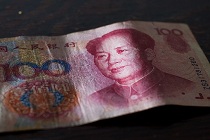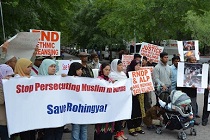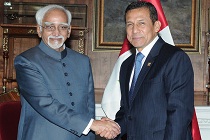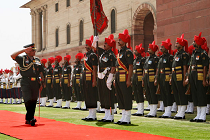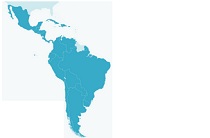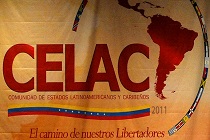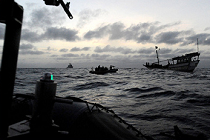China’s Achilles’ heel
China is quick in providing loans to execute domestic and international business plans, and returns are often forgone in the quest to own market share. Faced with an economic slowdown, will Beijing be able to sustain such unconventional economic policies? Or will its banking sector prove to be its Achilles' heel?

